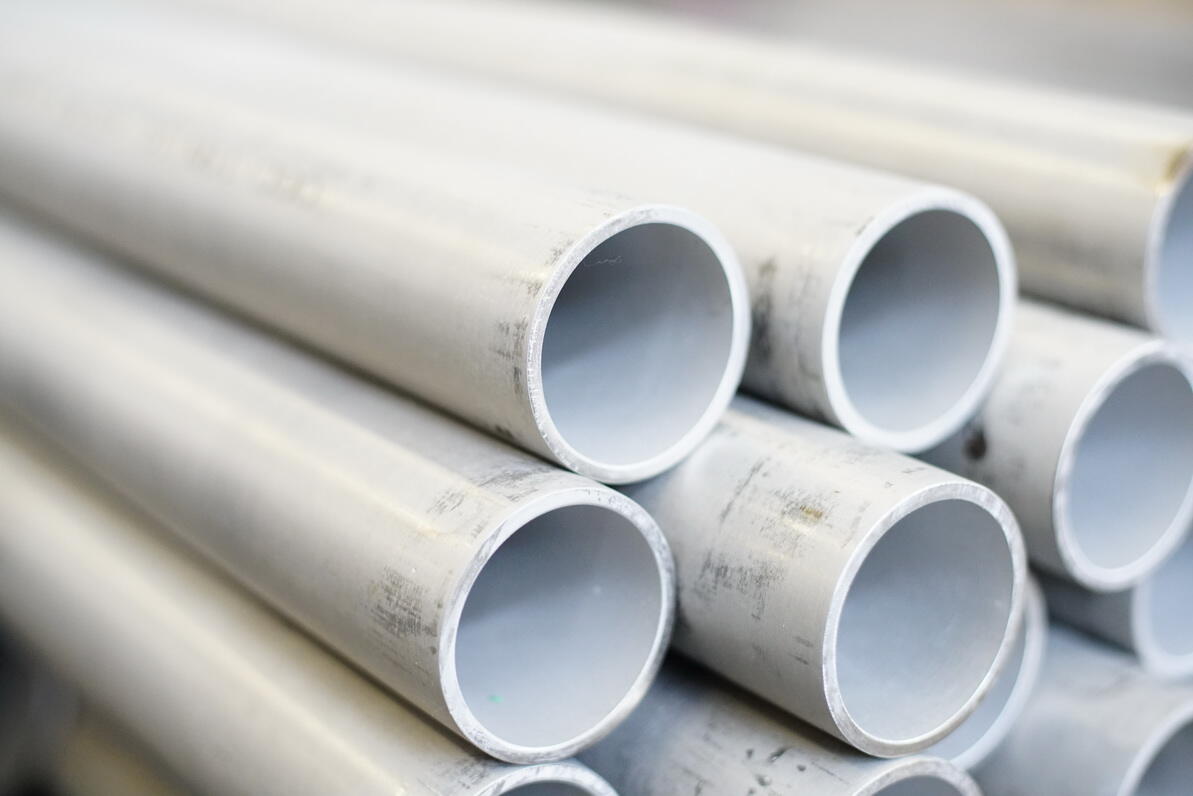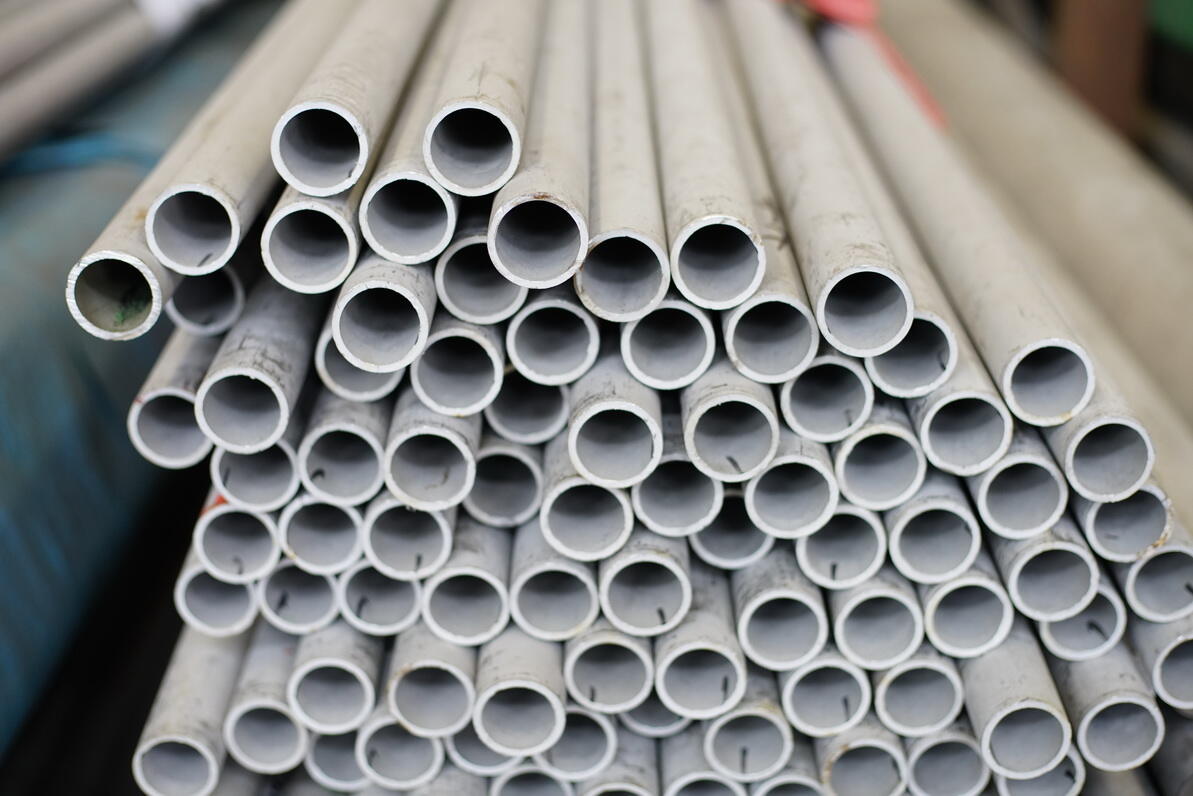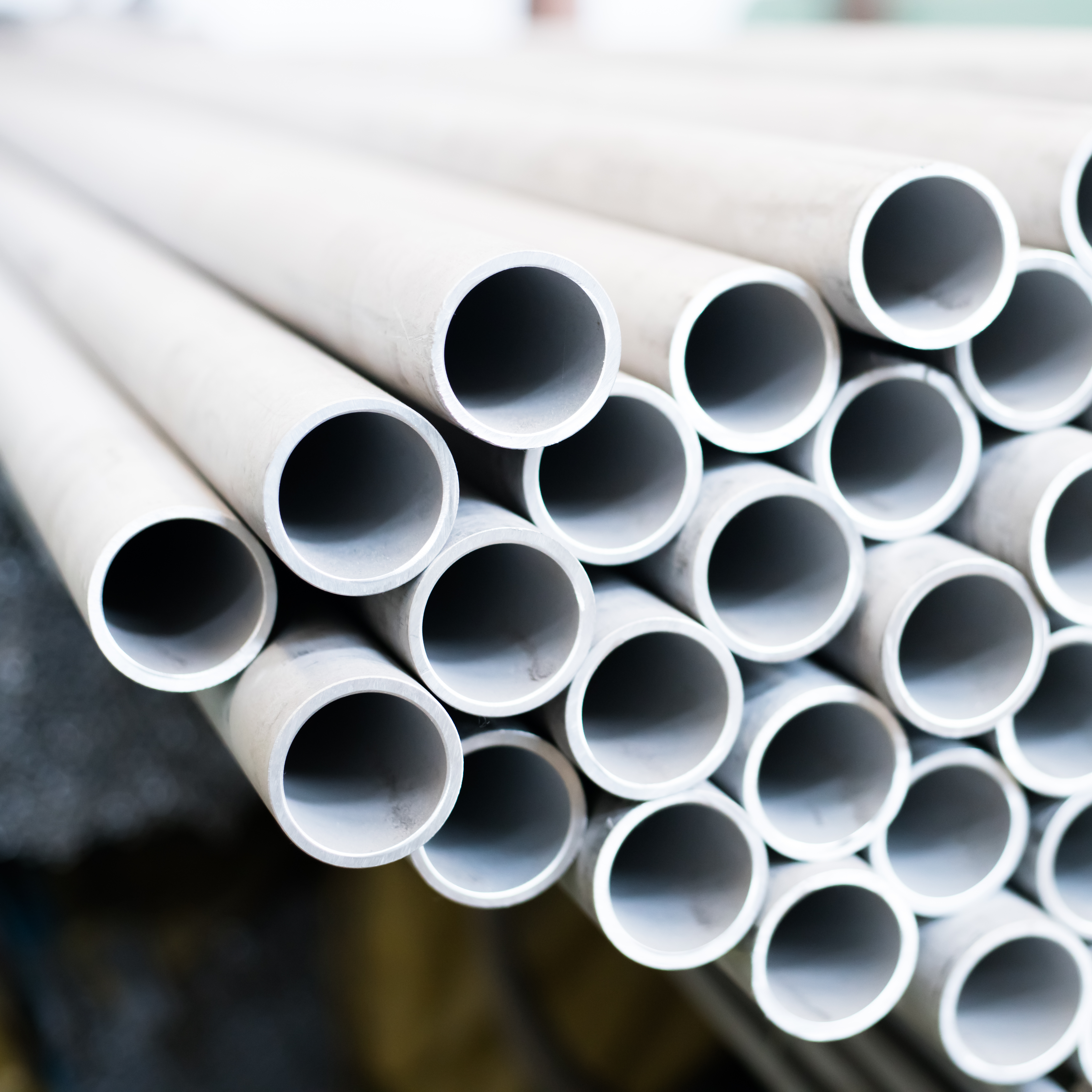304 stainless steel pipe fittings
304 stainless steel pipe fittings represent a crucial component in modern plumbing and industrial systems, offering exceptional durability and versatility across various applications. These fittings are manufactured using high-grade austenitic stainless steel, containing approximately 18% chromium and 8% nickel, which provides superior corrosion resistance and structural integrity. The fittings come in various forms, including elbows, tees, couplings, and reducers, each designed to accommodate different pipe connections and flow requirements. Their non-magnetic properties and excellent resistance to oxidation make them particularly suitable for applications involving water, chemicals, and food processing. The material's ability to withstand temperatures ranging from sub-zero to over 800°C ensures reliable performance across diverse operating conditions. These fittings are also notable for their smooth surface finish, which minimizes friction loss and prevents bacterial growth, making them ideal for sanitary applications. The manufacturing process involves precise machining and quality control measures to ensure consistent dimensional accuracy and reliable performance throughout their service life.


